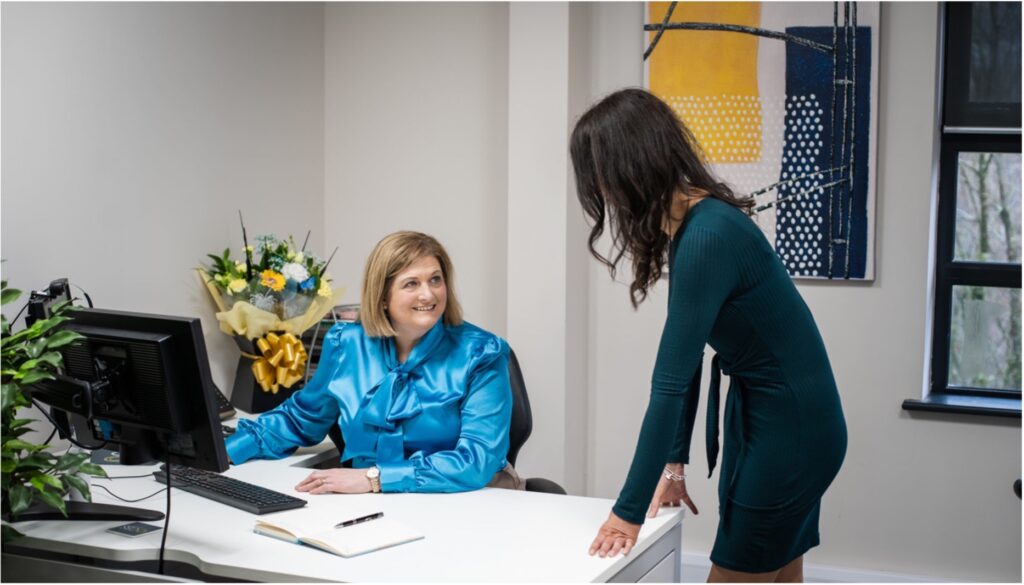Screen and screen again: keeping a watchful eye and safeguarding those in care
Care Homes are recognised for their vital role in caring for the older generation at a time when they are vulnerable or require the most help. However, by becoming care home residents, these individuals and their families are putting faith in those who work at the home and hope to trust them explicitly. However, recent news stories have highlighted that not all care workers have the good intentions that we would hope and in fact, have put loved ones in danger or unthinkable situations. For this reason, on our blog this week we are looking at safeguarding procedures for the community care industry and are encouraging workers and managers to be vigilant with members of their team.
According to a recent BBC report, 70% of those living in care home settings are aged 65 and over. Between 2013 and 2015, there were 6,000 safeguarding concerns and alerts at care homes. There have also been 2,000 reported sex crimes in UK care homes. Clearly, care homes have a legal and ethical responsibility to ensure that their residents are treated with dignity and respect. Yet, there have evidently been issues, particularly in recent years where not all residents are living in a safe environment. For example, one care home worker, Christina Sethi was caught filming herself sexually abusing three elderly and mentally impaired residents. Yet, Sethi was only caught after footage was found on a laptop and handed into the police and she was later convicted of five counts of sexual assault in August 2015.
Unfortunately, the pre-employment background checks for Sethi showed no previous criminal history and as she was put through safeguarding training. She was not recorded as a risk, making it difficult to determine how her recruitment process could have been constructed more effectively. However, there is no evidence to suggest that her record was continually checked during her time of employment, meaning that her employers may not have always had the most relevant information to them.
One way to ensure that criminal record checks are up to date is for care homes to utilise the DBS Updating Service. This service means that criminal records are consistently up to date without having to reapply for a new criminal check, saving an employer time and money. However, if an individual has no prior history and there are not updates to their criminal history to suggest that a candidate could be a risk, employers still need to be vigilant and always be on the lookout for any suspicious behaviour in order to uphold the continual safeguarding of residents.
Cases such as these are clearly not a common representation of the treatment of residents in care home environments, but the fact of the matter is that there are other examples similar to the case of Christina Sethi and that individuals should not be able to commit crimes in the first place. After all, it is a legal responsibility to protect these vulnerable adults that have been entrusted into your care. In order to prevent these crimes and mistreatment, we believe that it is crucial to have a strict background screening policy in place as well as placing employees onto the DBS Updating Service and ensuring that managers and executive staff keep a close eye on staff and monitor them at all times. If you would like to speak to a member of our team about background checks or safeguarding requirements, you can call us on: 01443 799 900 or email us on: info@cbscreening.co.uk
back to news
Ban The Box: Should your history also be your future?
When applying for a new job, many applicants are discouraged due to the need to declare a criminal past at the first stage of an application. The Ban the Box campaign aims to remove and reposition the need for those with previous convictions from having to disclose their history at the first stage of job application.

Manage the risks of holding credit card information.
Are you a business that holds credit card and other monetary information? Then this blog post is for you!

Let’s get back to basics – What you need to know background screening.
At CBS, background screening is at the heart of what we do, so in this blog post we wanted to go back to basics and discuss everything you need to know about background screening.

 Contact Us
Contact Us